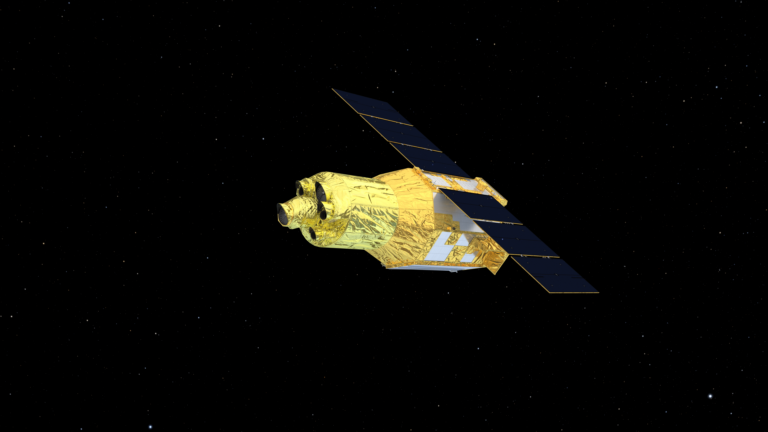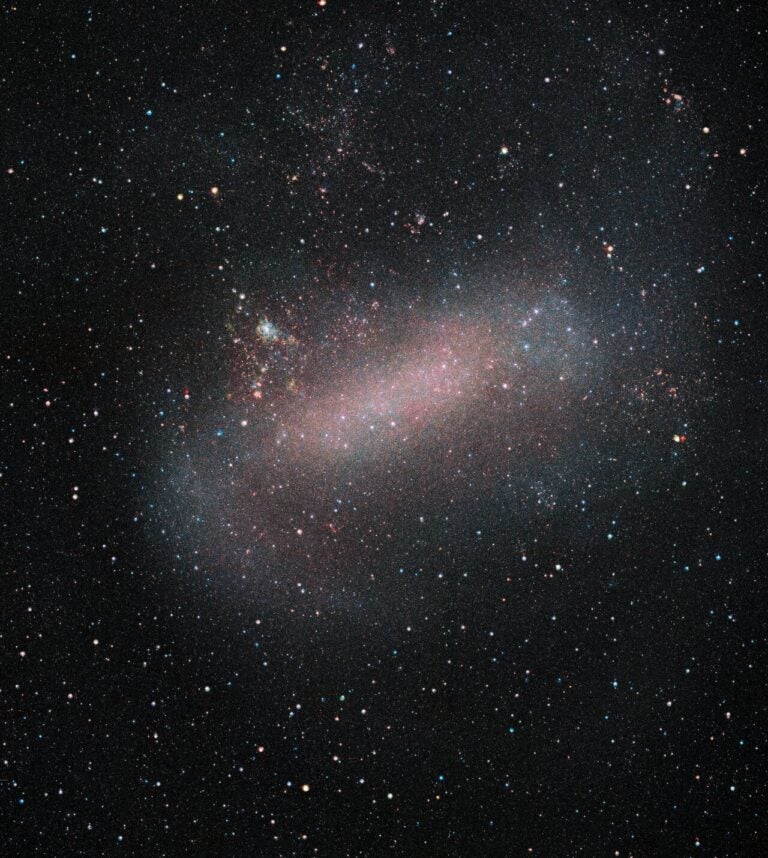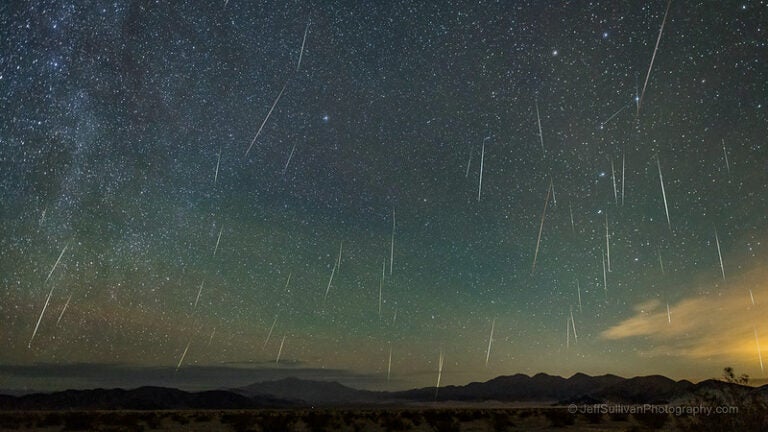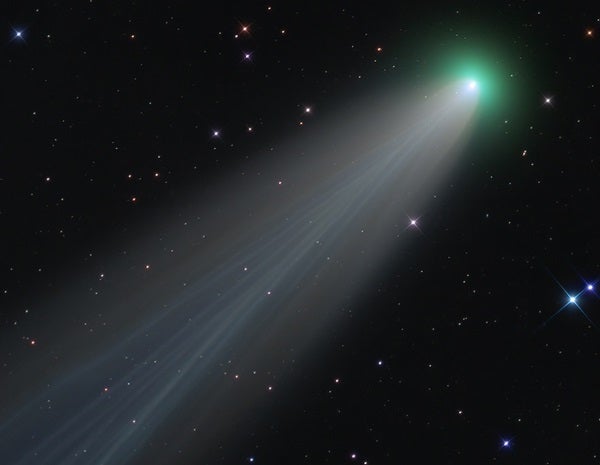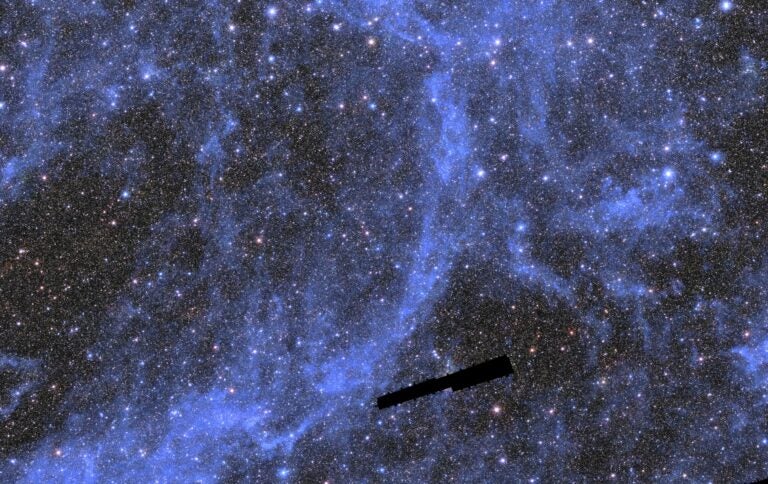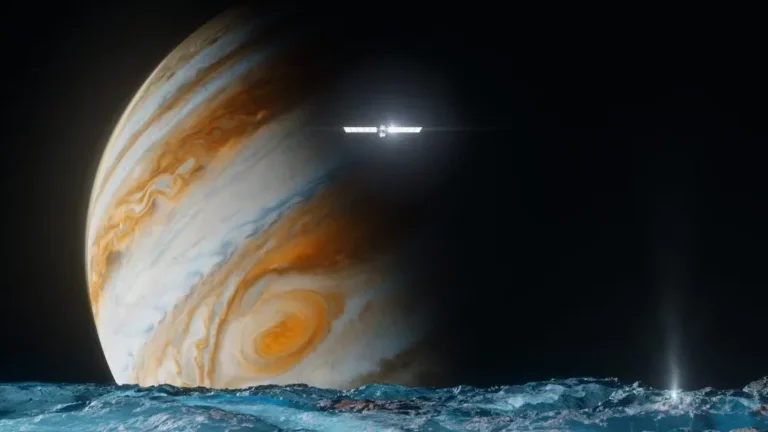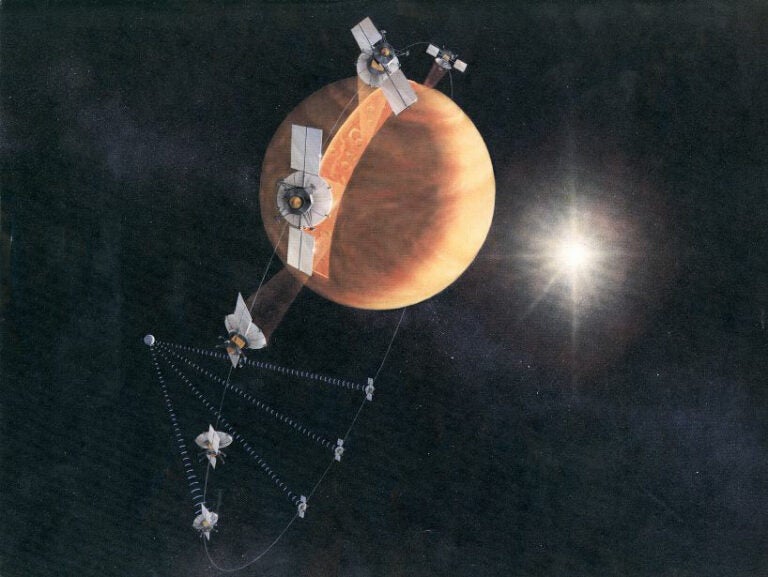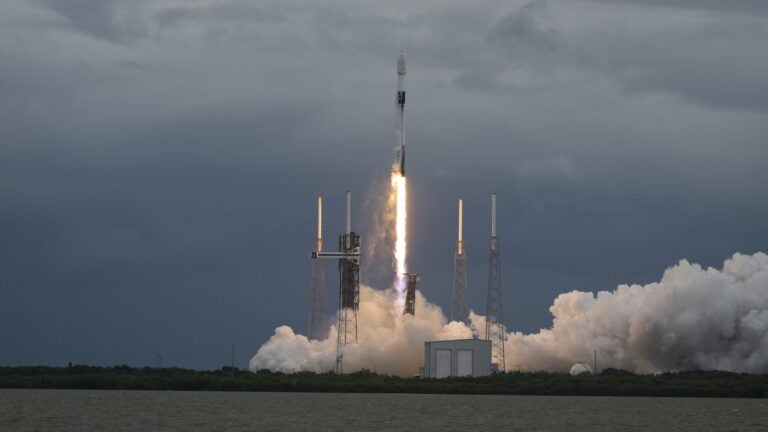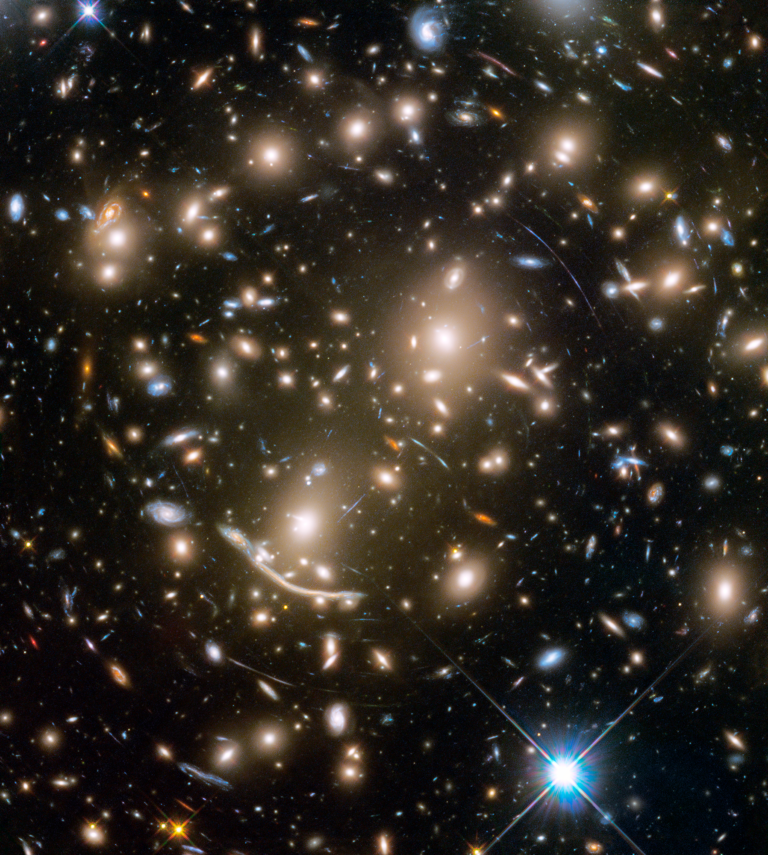It comes to mind because of a review of my book The Sun’s Heartbeat (Little, Brown and Company, 2011) that appeared in The Wall Street Journal (WSJ). The reviewer recommended it, but he also claimed it had many small errors, which simply isn’t true. The critic, John Gribbin, griped, “The formation of the sun is described as occurring in a ‘plain-vanilla’ cloud of hydrogen gas; the cloud was roughly 25% helium.” I stared in disbelief. It was true I first mentioned only hydrogen. But on the next page, and then again and again, I included the helium. Had he even read the whole thing? And he kept doing that.
What was going on here? I stared at the reviewer’s name. Gribbin. It seemed familiar. Suddenly I remembered. He was in The Sun’s Heartbeat. I’d called him “discredited” because he’d claimed earthquakes would destroy California in 1982 due to a planetary alignment.
He was the only astronomer I criticized. And this was the guy WSJ chose to review my book. What bad luck. But maybe this was a lesson. Perhaps it’s bad karma to put anyone down. Maybe I got what I deserved.
Exactly 20 years ago, on my monthly page in Discover magazine, using information in Guy Ottewell’s Astronomical Calendar, I said the 1998 solar eclipse would be total over the Caribbean island of St. Kitts. Years later, a reader wrote to us. He’d planned his vacation around the event. He’d trusted me. Turned out, the eclipse was not total from there. Ottewell had been wrong, and I’d been a fool to rely on a single source and not check my facts more thoroughly.
Also foolish is to hold myself up as an expert in celestial pronunciation. I’ve spent years drilling into my brain how to correctly utter the constellations and stars so not to spread falsity during lectures or TV shows. It bothered the heck out of me when the characters in the movie Contact pronounced Vega as “VAY-guh.” Actually, the name was originally WEE-guh, meaning a falling eagle.
But in several respected dictionaries, VAY-guh is now listed as an acceptable alternative to the preferred VEE-guh. A few even claim it’s OK to say “Yur-AIN-is” instead of the classical “YUR-uh-nus.” How can they do that to the god of the sky? Won’t they get smitten?
made a purchase
based on my
flawed advice?
Astronomy language is no exception. Which means I’d be a fool to keep wincing when others say BEE-tel-jooz, SPEE-ka, MEE-ra, and HAY-leez Comet (instead of the preferred BET-el-jooz, SPY-ka, MY-ra, and HAL-eez or HAWL-eez). If you’re going to make people self-conscious about uttering celestial names, you might be doing more harm than good.
I also used to snootily state that only binoculars with large 7mm exit pupils (a binocular’s second number divided by the first, such as 7x50s) were worthwhile for astro-use because they produce the brightest images. But that’s not necessarily true. After age 30 or so, few people have pupils that can still dilate to 7 millimeters, so the light is wasted. Meanwhile, such optics create an unpleasant milky background unless skies are truly dark. Plus, they’re heavier and thus discourage lengthy use. How many readers made a purchase based on my flawed advice? In truth, to obtain good low-light brightness for older observers, the optimum exit pupil is probably around 5mm, like in a 7×35 model.
Nor are my foolish years necessarily over. This past September 30, I failed to check my appointment book. The phone rang; it was the studio, 100 miles away: “What happened, Bob? You’re scheduled to do a live one-hour call-in show! … OK, we’ll patch you in over the phone. … You’re on in three minutes.”
Unfortunately, a half-hour later, just as a caller is asking about possible nearby supernovae, a FedEx truck pulls in front of the house. My yappy dog goes crazy, and I can’t shut her up. My sophisticated exposition is seemingly taking place at the pound. A quarter-million people then hear the guy knock noisily. I give him the “shhh!” gesture, making eye contact while loudly saying, “Betelgeuse is too far away to destroy us,” into the cordless. He’s puzzled, but hands me a device to sign as I struggle to remember my chain of thought while people in six states hear Walnut going “grrrrrr.”
I won’t even get into my youthful idiocies, like sweeping a telescope near the Sun to look for Venus at inferior conjunction and accidentally getting a blast that could have easily blinded me. Or, or . . .
Yes, I should pop a cork every April Fool’s Day.
Contact me about my strange universe by visiting http://skymanbob.com.


